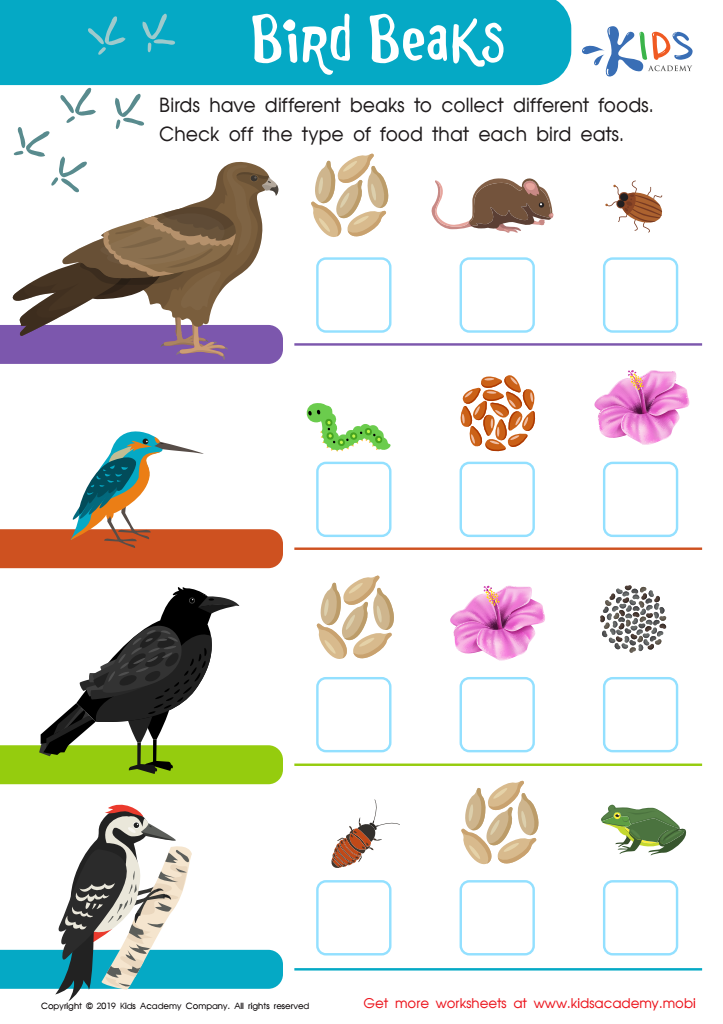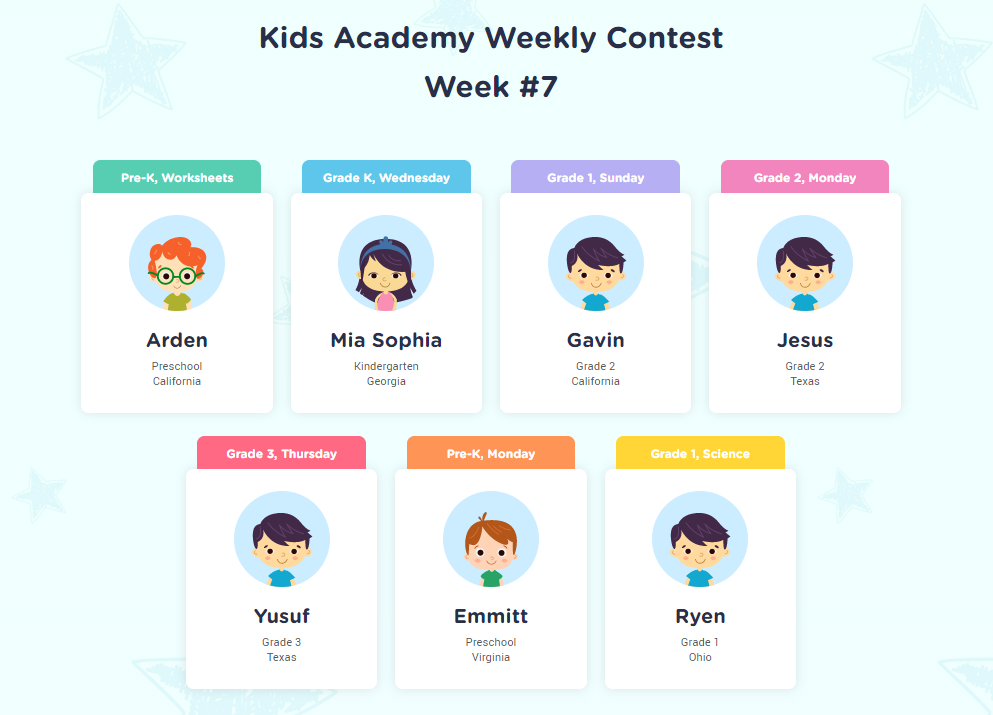Classification skills Grade 1 Science Worksheets
3 filtered results
-
From - To
Boost your child's critical thinking with our engaging Classification Skills Grade 1 Science Worksheets. Specially designed for first graders, these worksheets help young learners master sorting and organizing objects, concepts, and living things. Through hands-on activities and fun exercises, kids will improve their observation skills and understanding of categories. Ideal for classroom or home use, these worksheets promote curiosity, enhance scientific thinking, and lay the groundwork for future learning. Get our comprehensive, colorful worksheets to make science captivating and educational for your first grader. Download now and watch your child thrive in their scientific explorations!


Bird Beaks Worksheet


Animals and Plants: Assessment 2 Worksheet


Space: Assessment 2 Worksheet
Classification skills are foundational cognitive tools that greatly benefit first graders in science and beyond. These skills involve grouping objects, ideas, or information based on common properties, which facilitates better understanding and learning.
For parents and teachers, fostering classification skills in Grade 1 is crucial because it supports critical thinking and organizational abilities in young learners. When children understand how to classify objects—such as sorting animals by habitat or organizing rocks by texture—they develop the ability to observe details, recognize patterns, and make sense of the world around them.
Enhancing these skills early on promotes scientific thinking. It allows children to grasp complex concepts more easily, laying the groundwork for advanced science topics. For example, understanding classification helps in learning about ecosystems, food chains, and the periodic table of elements later on.
Moreover, these skills extend beyond science. They enhance vocabulary development, mathematical sorting and categorizing, and even social interactions by helping children recognize similarities and differences between themselves and others.
Overall, parents and teachers nurturing classification skills help children build a structured framework for learning, preparing them for future academic success and everyday problem-solving. It's an investment in their cognitive development, promoting a deeper, more organized understanding of the world.
 Assign to My Students
Assign to My Students
















